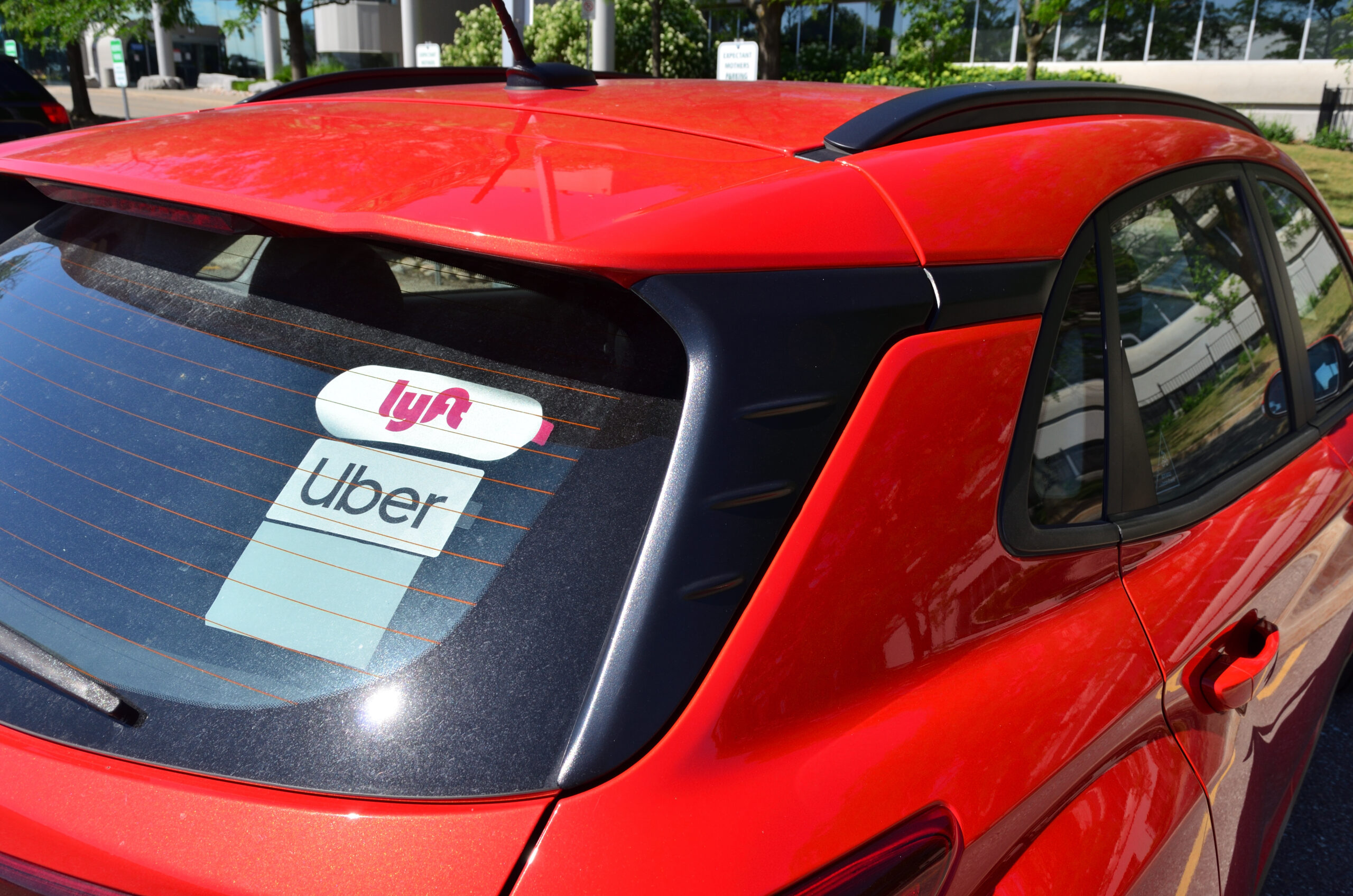World
New Zealand Supreme Court Declares Uber Drivers Employees

In a landmark ruling on October 30, 2023, the New Zealand Supreme Court upheld its decision that Uber drivers should be classified as employees rather than independent contractors. This ruling significantly affects the rights of rideshare drivers, granting them access to minimum wage protections, paid leave, and collective bargaining rights.
The Supreme Court’s decision stemmed from an appeal by Uber regarding the classification of its drivers under the Employment Relations Act. The court emphasized the importance of understanding “the real nature of the relationship” between the parties involved, as outlined in Section 6 of the Act. This approach requires courts to look beyond contractual terms to assess the actual working conditions and relationships.
Key Findings of the Supreme Court
In its ruling, the court drew on traditional common law tests for employment, examining factors such as control, integration, and whether workers operate their own businesses. The judges criticized Uber’s contractual language, describing it as “window-dressing” meant to obscure the true nature of the employment relationship.
Despite Uber’s claims that its drivers are independent contractors, the court found that Uber actively supplies passenger transport services and engages drivers in an employment context. The ruling highlighted various mechanisms of control exercised by Uber over its drivers, including unilateral disciplinary power, algorithmic fare-setting, GPS tracking, and performance evaluations through ratings systems. The court noted that the ratings system effectively serves as an internal management tool rather than a simple means of evaluating driver performance.
The court’s findings also clarified that passengers contract with Uber for transport services, not with individual drivers. This distinction emphasizes the integral role Uber plays in the rideshare service, further supporting the classification of drivers as employees.
Broader Implications and International Context
This ruling is a significant development in ongoing discussions about gig economy workers’ rights in New Zealand, and it builds on previous legal challenges dating back to 2022. The decision underscores that contracts which do not explicitly define a traditional employment relationship may still constitute an employment contract when considering the totality of circumstances.
The New Zealand ruling mirrors similar legal battles occurring globally. In 2023, a US appellate court determined that Uber drivers are subject to employment contract arbitration clauses, reinforcing the notion that gig workers may have rights and protections similar to those of traditional employees.
As the gig economy continues to evolve, the New Zealand Supreme Court’s ruling may serve as a precedent for other jurisdictions grappling with the classification and rights of gig workers. The implications of this decision extend beyond New Zealand, potentially influencing legislation and judicial decisions around the world as countries seek to balance innovation in the labor market with the protection of workers’ rights.
-

 Science1 month ago
Science1 month agoInterstellar Object 3I/ATLAS Emits Unique Metal Alloy, Says Scientist
-

 Science1 month ago
Science1 month agoResearchers Achieve Fastest Genome Sequencing in Under Four Hours
-

 Politics1 month ago
Politics1 month agoAfghan Refugee Detained by ICE After Asylum Hearing in New York
-

 Business1 month ago
Business1 month agoIconic Sand Dollar Social Club Listed for $3 Million in Folly Beach
-

 Health1 month ago
Health1 month agoPeptilogics Secures $78 Million to Combat Prosthetic Joint Infections
-

 Business1 month ago
Business1 month agoMcEwen Inc. Secures Tartan Lake Gold Mine Through Acquisition
-

 Lifestyle1 month ago
Lifestyle1 month agoJump for Good: San Clemente Pier Fundraiser Allows Legal Leaps
-

 Science1 month ago
Science1 month agoMars Observed: Detailed Imaging Reveals Dust Avalanche Dynamics
-

 World1 month ago
World1 month agoUS Passport Ranks Drop Out of Top 10 for First Time Ever
-

 Health1 month ago
Health1 month agoResearcher Uncovers Zika Virus Pathway to Placenta Using Nanotubes
-

 Entertainment1 month ago
Entertainment1 month agoJennifer Lopez Addresses A-Rod Split in Candid Interview
-

 Science2 weeks ago
Science2 weeks agoUniversity of Hawaiʻi Leads $25M AI Project to Monitor Natural Disasters









